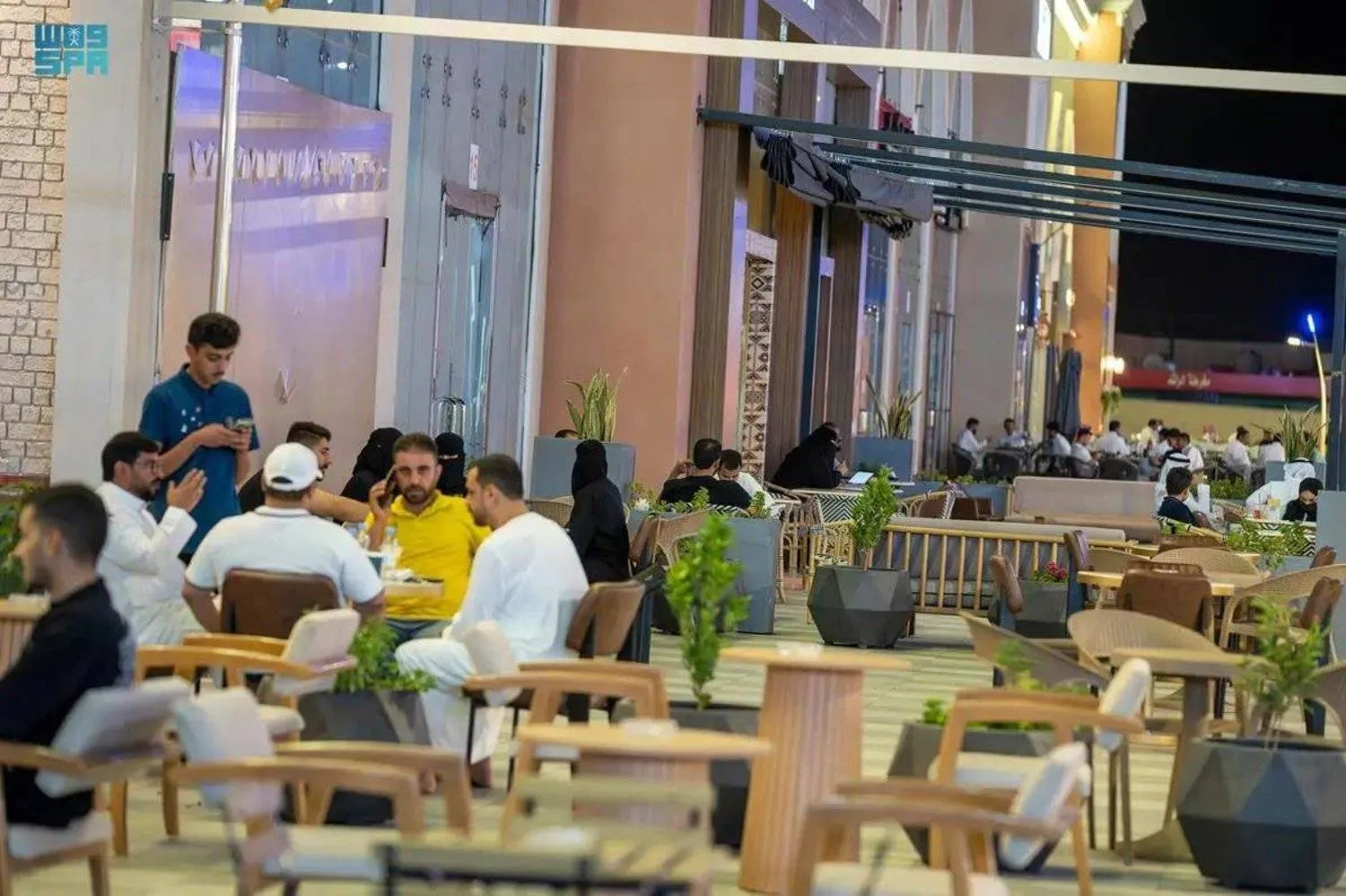The Saudi government has been able to save hundreds of projects through its initiatives and programs on small and medium enterprises and ensure they do not exit the local market.
Sources in the General Authority for Small and Medium Enterprises (Monshaat) told Asharq Al-Awsat that the authority was keen to remove obstacles facing the sector.
Monshaat revealed that more than 9,000 establishments have benefited from its services during the first quarter of 2023, while more than 300 SMEs were able to reduce costs and raise operational efficiency through the “Mazaya” platform, which provides various services at reduced prices and is supported by the authority.
The services offered by Monshaat include business support, advisory sessions and presentation to the investor, in addition to training and guidance on how to prepare feasibility studies and strategic planning for building a project.
In this context, Anmar Alsulimani, Chairman of the Board of AROB Business and Investment Company, pointed to the multiple challenges facing SMEs, the most important of which is poor knowledge of various aspects of business.
In remarks to Asharq Al-Awsat, he explained that the rate of closure of emerging projects around the world was 20 percent in the first year and 50 percent during the first five years, stressing that feasibility studies contribute to the success of projects by no less than 80 percent.
For his part, Saudi Senior Economist Ihsan Buhulaiga told Asharq Al-Awsat that internal reasons could lead to the closure of SMEs, including high costs and the failure to carefully study the target market.
Workers in the restaurants and cafes sector stated that the closure of hundreds of shops due to accumulated losses comes as a result of the entrepreneurs not being aware of the market situation before launching the project.









